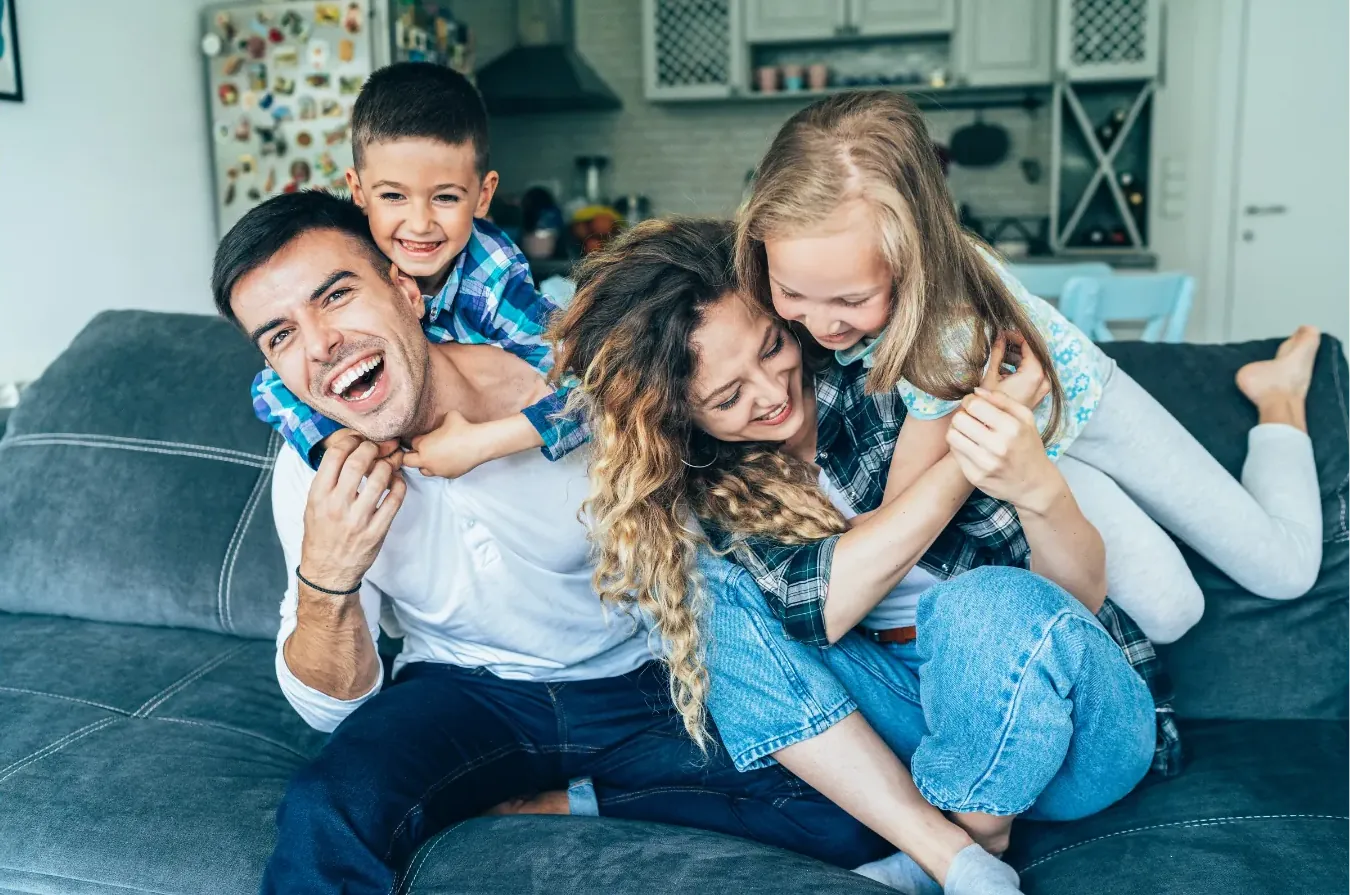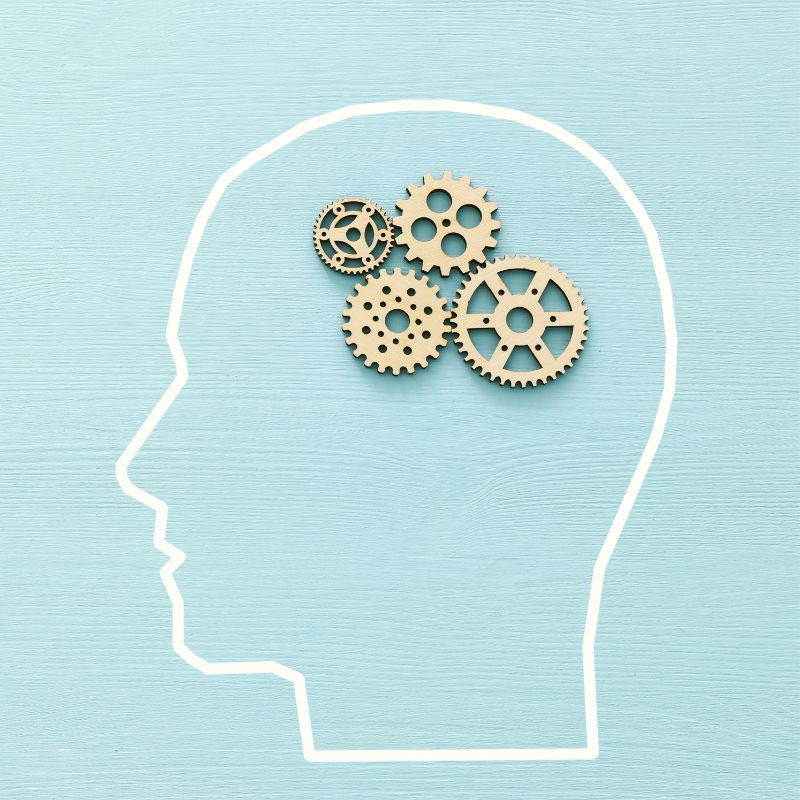Let’s use our imagination for a moment. Picture yourself interacting with someone close to you during a stressful situation. It could be a partner, friend or family member. This particular situation requires collaboration. Perhaps you are trying to figure out which terminal your connecting flight leaves from or trying to interpret overly complicated instructions to build a piece of furniture together. In this instance, a problem presents itself, something the two of you have to solve together. In situations like this, our frustration level may rise. Maybe this person suggests you’re doing something wrong or offers some constructive criticism. All of a sudden, you feel defensive, hurt, or like you want to shut down. Is the person you’re with surprised by this reaction? A better question may be, are you surprised by your own reaction? After you’ve cooled down, you might think to yourself, “where did that come from?”
There is a good chance it came from your inner child. Stay with me here. I know this may sound a little goofy. Psychologist Carl Jung originated the concept of the inner child and many psychologists and theorists have expounded upon it since. More recently, Dr. Richard Schwartz refers to our inner child as a part of us that may not have gotten the kind of love or nurturing it needed. This can look very different from person to person. Emotional responses that can appear overblown or disproportionate to the situation can often come from our inner child. Getting to know and understand the parts of ourselves that may not have gotten what they needed sounds daunting, but it does not have to be. So how can we get in touch with our inner child?

Counselor Tip 1
If you enjoy mediation, a guided meditation that focuses on communing with your inner child can be a great start. Listen to the audio below for me to guide you through your first inner child meditation!
*If you’re a journaler, it may be helpful to journal about what your inner child meditation was like for you.
Audio Player
Counselor Tip 2
When you have big reactions that have you wondering, “where did that come from,” it can help to reflect on what was happening in your head. Where did that particular situation lead your thoughts? When someone criticizes you, are you brought back to being eight years old and having a difficult time completing your homework? Maybe you had an anxious parent who was often concerned with your safety, causing you to feel anxious as well. If we can find the link between our past experiences and our emotional triggers, we can understand ourselves better and take our inner child by the hand. We can tell them that we can handle ourselves now. We can thank them for looking out for us, but we’re equipped to handle our grown up problems with grown up coping strategies.
Counselor Tip 3
When you have a big feeling, stop and take a moment to identify it before responding to it. Taking just a few seconds to think about the feeling a specific situation elicits can help us understand if our reaction is proportional to that situation. If it is not, we can take a breath, ask for support from a friend, or try and reframe the thoughts we are having about the situation. For example, a person is walking down the street and drops some items they were carrying. Their first thought may be, “I am so stupid! How could I be so clumsy? Everyone must think I am an idiot!” In response to these thoughts, their face may become flushed and they may feel embarrassed.
These feelings could follow them throughout their day and affect their mood. However, what if when that person bent down to pick up the items they dropped, they stopped, took a breath and reframed their negative thoughts about themselves into something more positive or even just neutral? It might sound something like, “I was carrying a lot of items and I tripped on the sidewalk. Everyone makes mistakes.” Doing so allows us to take our inner child by the hand and respond more thoughtfully to the messages we’re sending ourselves, which can, in turn, affect our emotional responses for the better.
Counselor Tip 4
Once we understand what types of situations may evoke an inner child response, it can be helpful to talk with our partners or family members about them. This can often shed a lot of light on recurring arguments that happen in those relationships. For example, a situation that sometimes evokes an inner child response from me is when I am wrong. I am sure you can imagine how that manifests itself in my relationships! Having a conversation with a partner or family member about our inner child can also help them understand how we experience and perceive our interactions with them.
It’s Time To Take Your Inner Child By The Hand.
Learning more about your inner child can not only help you understand more about our emotional responses, but it can help us process trauma, learn about our attachment style, and fine-tune our communication skills.
If you’re interested in getting more in touch with your inner child, don’t hesitate to reach out, I can help!



